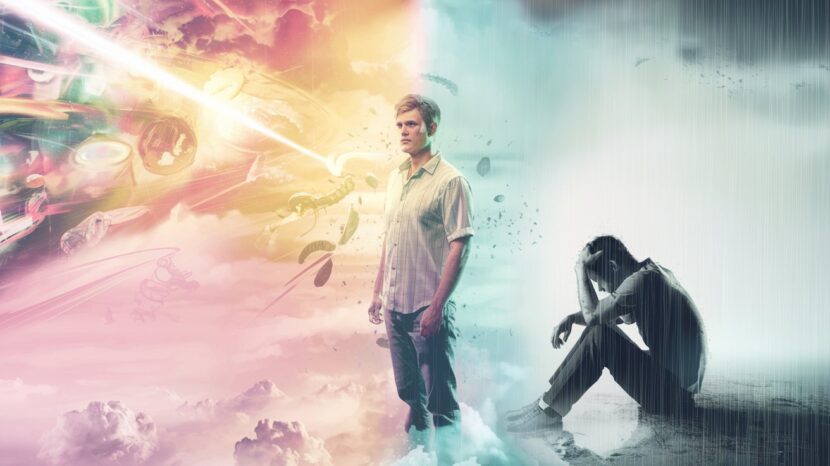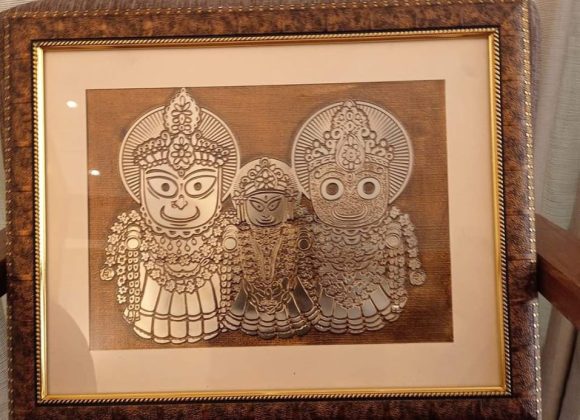Introduction
Mental health is often misunderstood, and I never truly grasped its significance until I was diagnosed with Bipolar Disorder. This condition, which affects millions worldwide, is more than just mood swings—it’s a battle between extreme highs and crushing lows. As someone who has experienced both, I want to share my journey, my struggles, and how I’ve learned to navigate life with this disorder.
What is Bipolar Disorder?
Bipolar Disorder is a mental health condition characterized by extreme mood shifts that range from manic highs to depressive lows. It’s not just about feeling “happy” or “sad”; it’s an intense rollercoaster that can be exhausting.
There are different types of bipolar disorder:
- Bipolar I: Manic episodes lasting at least a week, often followed by depressive episodes.
- Bipolar II: Hypomanic episodes (less severe than full-blown mania) and major depressive episodes.
- Cyclothymic Disorder: Frequent mood swings that don’t reach the severity of Bipolar I or II.
In my case, I experience phases of intense energy and motivation, followed by periods of deep sadness and exhaustion.
How I Realized Something Was Wrong
For a long time, I didn’t recognize my symptoms. During my manic phases, I felt unstoppable—bursting with energy, taking on multiple projects, barely sleeping, and feeling like I could conquer the world. But soon after, the depression would hit. I’d lose interest in everything, isolate myself, and struggle to get out of bed.
Initially, I thought this was just part of my personality—maybe I was just someone who had “mood swings.” But as time passed, these extreme shifts started affecting my relationships, work, and overall well-being. That’s when I decided to seek professional help.
My Journey with Dr. Soumitra Basu
One of the most transformative aspects of my mental health journey has been my relationship with my doctor, Dr. Soumitra Basu. Dr. Basu, who is the brother of Kaushik Basu, the former Chief Economic Advisor to Dr. Manmohan Singh, has played a crucial role in my recovery.
My debt to him cannot be easily expressed. He has saved my life more than once. And yet, like many of us with our therapists, I have also misunderstood him at times. Therapy is a deeply personal journey, and misunderstandings are a natural part of the process. But despite everything, his guidance has been invaluable to me.
During one of our sessions, Dr. Basu introduced me to Sri Aurobindo’s The Life Divine and advised me to first read his Letters on Yoga. This changed my perspective on life, spirituality, and my own struggles. His insights helped me find meaning beyond my condition and led me toward a deeper understanding of consciousness and mental well-being.
Recently, when I visited him, he gifted me his book, Consciousness-Based Psychology. It’s a testament to his profound knowledge and deep understanding of the mind. (Posted a few photoes in Facebook. Click Here.)
Living with Bipolar Disorder
Managing bipolar disorder isn’t easy, but over time, I’ve found ways to cope:
- Medication & Therapy: I work closely with my doctor to manage my symptoms with the right medication. Therapy has also been incredibly helpful in understanding my triggers.
- Routine & Structure: I try to maintain a regular sleep schedule, eat healthily, and exercise—small habits that keep me balanced.
- Journaling & Self-Reflection: Writing down my thoughts helps me track my moods and recognize patterns.
- Support System: Having understanding friends and family has made a huge difference. Being open about my condition has helped reduce misunderstandings.
- Mindfulness & Spiritual Exploration: Reading Sri Aurobindo’s works and practicing mindfulness has helped me stay grounded during emotional highs and lows.
Breaking the Stigma
Bipolar disorder is not a weakness. It doesn’t define who I am—it’s just a part of my life that I’ve learned to manage. Many successful people, including artists, writers, and leaders, have lived with this condition and thrived.
If you or someone you know is struggling with bipolar disorder, I want to say this—you are not alone. Seek help, educate yourself, and don’t be afraid to talk about it.
Final Thoughts
Living with bipolar disorder has been challenging, but it has also given me a unique perspective on life. I’ve learned resilience, self-awareness, and the importance of mental health care. My journey is ongoing, but every day, I take a step forward.
If you relate to any of this, or if you have any questions, feel free to share your thoughts in the comments. Let’s start a conversation and break the stigma surrounding mental health.





